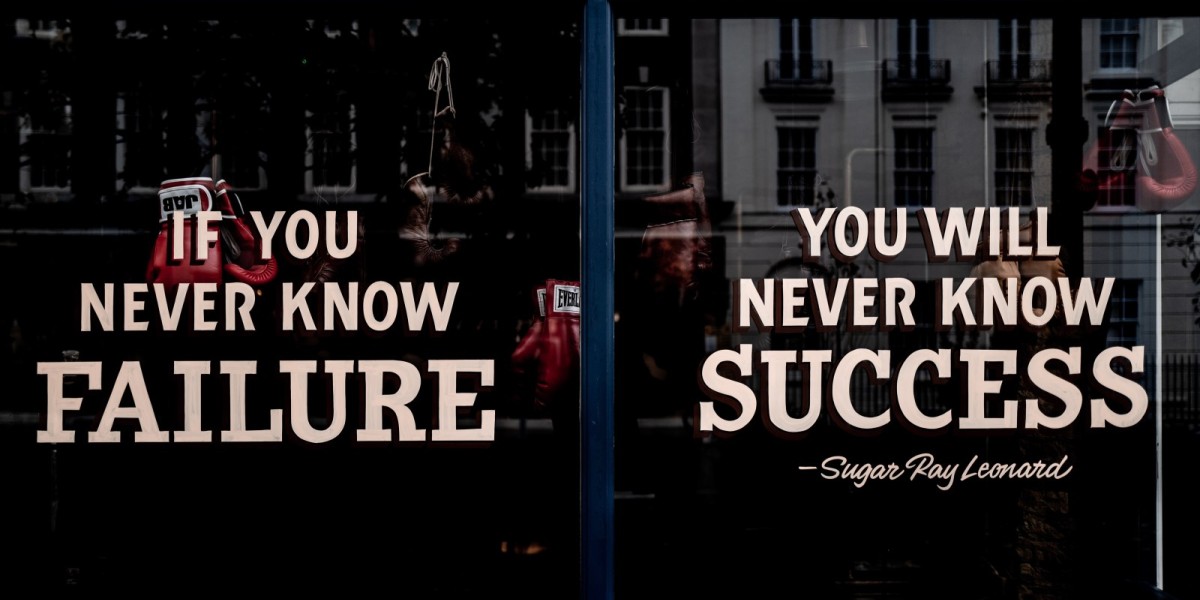Managing Rejections
| https://youtu.be/L5TWGzdQ-uI |
Hi, this is Bill Chan again with The 5 Elements of a Fulfilling Life at 5Element5.com, and today I want to talk to you about the gold element.
Gold element stands for professional skills that can help you advance in your career and be more successful in your Pursuits professionally.
Thomas Pink has talked about how we are all salespeople, we're all selling in one form or another, and we're trading in our careers and personal lives, no matter what we do.
I've been in sales training for 28 years; I wanted to relate a fundamental sales principle to you. This is critical, every Junior salesperson knows this formula, but only some can live with it and practice it. If they do, they will be very successful in their sales careers.
This is called the ability to handle rejections; generally, as humans, we don't like to take rejections; it's not in our human nature, we feel hurt and deprived, and we may even feel depressed when others reject us.
However, selling is a numbers game, so you must have the mentality that rejection is part of the game you need to play to win in selling; we know that as a junior salesperson, it may take up to 10 rejections to get to that final yes.
Okay, so basically every rejection helps you to work towards the yes eventually, right? and as your skill builds, your number is going to improve, your ratio is going to be better, it may be one out of five, it may be one out of three, but you are going to get rejections.
You're still going to have failures in life, no matter how good you get, so we have to be able to accept that rejection and whatever kind of ratio you get, how many sacrifices do we need to get to the final yes, and every time someone rejects us we should feel excited because it helps us go towards acceptance closer.
Hey now! There's another formula that says you need to attempt five closes before a client says yes to you, which means any single client might reject you four times before you get to the yes to the acceptance.
Here's where most salespeople fail; they stop at the fourth rejection. When the client gives them 4 "NO," they contain. They don't pursue further and are close to gaining a yes, but they stop.
When a client rejects you, they might give you all kinds of objections; one of the most common objections that clients give you could be I want to think about it; what do most salespeople do?
Well yeah, I'll call you back in a few days, and when you call them back in a few days, their excitement has worn off, and they're not in that moment anymore.
So, what should you do? You need to push a little harder and ask them politely, ma'am; I understand you want to think more about this decision. What precisely would you be considering? They may or may not tell you, but asking doesn't hurt.
They might tell you I want to go back and think about my financial situation, and then you want to push a little bit. Also, you'd like to ask them specifically what Financial issues they'd like to deliberate on.
Maybe what they wanted to think about is whether this is affordable okay, or they might want to think about the fact that it is worth it, is the value exceeds the price,
So the person may tell you I'm debating about it; I don't know if there's a better place somewhere else, so you wanted to go over some of the benefits that they can accrue and why you are differentiated from everything else that they are thinking about and why you are the best value for money.
You're the best investment for them, you might want to go over some of the benefits that you guys agreed on previously during your presentation or your questioning process, and then they might still give you a no, they might still say, well, I wanted to chat with somebody else before I make that final decision. Then you need to find out who you need to talk to and how much decision power another person has.
They might be in a corporate situation, not the decision maker; you might need to find out that as soon as possible, and when you get to this point of closing, if they tell you hey, look, I don't have the power to make that decision I need to talk to my CFO or CEO about it. You should ask them if we can set up an appointment with the CEO or the CFO to understand their specific concerns and when we can talk to them about how we can add value to their um investment.
If they say it's their wife, you might want to set an appointment with the wife to talk about the investment opportunity; you want to be in front of the decision-maker with or without your sponsor coming along with you.
The best scenario is they could come with you, then it's a joint effort to convince the other party, but you don't want to give them the proposal and leave it up to them to talk to the other person because they don't know your products as good as you do. They might misrepresent you, the other person might give them some objections they couldn't handle, and they come back to you saying well, my boss said no, or my wife didn't want to go with it, and you don't even know the truth.
It would be best if you went to the decision maker, understood their concerns, helped them see how you can benefit their situation, and you're the best solution for the problem.
Lastly, they could be saying; well, you know it all sounds perfect, and I am the decision maker, but I wonder if I have time to do your consultation or work on a commitment to change.
Then you want to go back over all the benefits of your services for them, what problems they are confronted with initially, how devastating if they don't make that change, and the pain they're suffering now without having the benefits of your services. You need to review with them again because people forget.
At the very end, now that you have one, two, three four rejections handled, now you come to the Final close; "if all these sound good to you, then all we need to do is commit to moving ahead with the decision, what about next week or next month?
Starting date of our program is choice.
Another close is when would you like to take advantage of our company's benefits? This is an assumptive close; use one of these closing techniques, then shut up, let them make the final decision, and give them pressure at this point to say yes or no to you.
If they still say no or want to think it over, maybe you haven't convinced them enough during the selling process, or perhaps you don't understand sufficient concern during the questioning process.
So only push it if they say no five times to you; it means you have yet to convince them; let them think it over, and set up a time to call them back for a follow-up.
Just because they say no right now doesn't mean a week or two weeks from now, they won't change their mind; they might want to compare to other competitors; this may be the first company they look at, so they want to be sure that you are the right fit for them.
Well, let them think it over, then comes back to them; you don't want to be that pushy salesman, right?
Be open with them, be authentic, and simultaneously, you must help them decide.
Remember, this is a numbers game; there's no way you're going to close every client that comes across; you're going to close at your ratio; remember, whether it's one out of three or one out of ten, you will get a yes sooner or later.
Every no gets you closer to that yes; remember, sales is a numbers game, and every time you get a rejection, it's an opportunity to practice your skills and improve at your game. Thank you!


